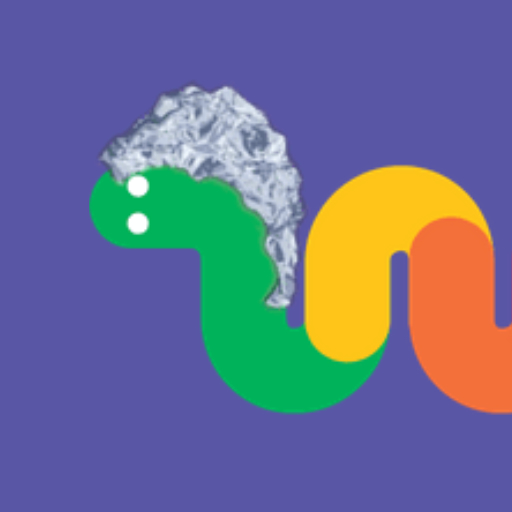Biometrics are widely regarded by the public, and many developers, as heightened security. Their actual track record tells a very different story. Biometric technologies are systematically making the world a less safe place. We have an obligation to do something about that. And we can.
In this talk, you'll learn about the breathtaking range of biometrics being tracked and assessed. You'll learn about dangerously wrong conclusions being drawn. You'll learn about spurious underlying premises and untrustworthy training data, and widespread misuses that are determining life and death decisions in government, policing, and health monitoring.
Most importantly, you'll learn how to assess these technologies, and avoid contributing ito their development, misuse, and proliferation.
TOPICS:
Categories and examples of biometrics, including lesser-known categories such as affectmetrics and stylometrics.How they're applied to uses far afield from authentication and access control.
Discriminatory datasets and outcomes.
False premises of scientific accuracy.
Spurious conclusions being drawn and applied to life and death decision-making.
Examples of real-world practices from countries around the world, in which biometrics are being misapplied, misused, and abused by government agencies, police, and individuals.
Among these: COVID-19 infection control, prison sentencing and probation, social services eligiblity for vulnerable individuals, stalking, immigration and asylum decision-making, bypassing legal constraints and democratic norms, undermining protest movements and political dissent, human rights violations, and ongoing racial and religious genocide in multiple countries.
Note: examples are drawn from a globally-diverse range of countries.
TAKEAWAYS:
How to find peer-reviewed research of biometrics and related fields such as medicine, physiology, psychology, cognitive science, law, and ethnic studies.How to avoid being misled by pseudoscience, discredited training data, unsupported premises, misleading claims, and outdated research.
Ways to avoid contributing your talents toward making a more dangerous world.

